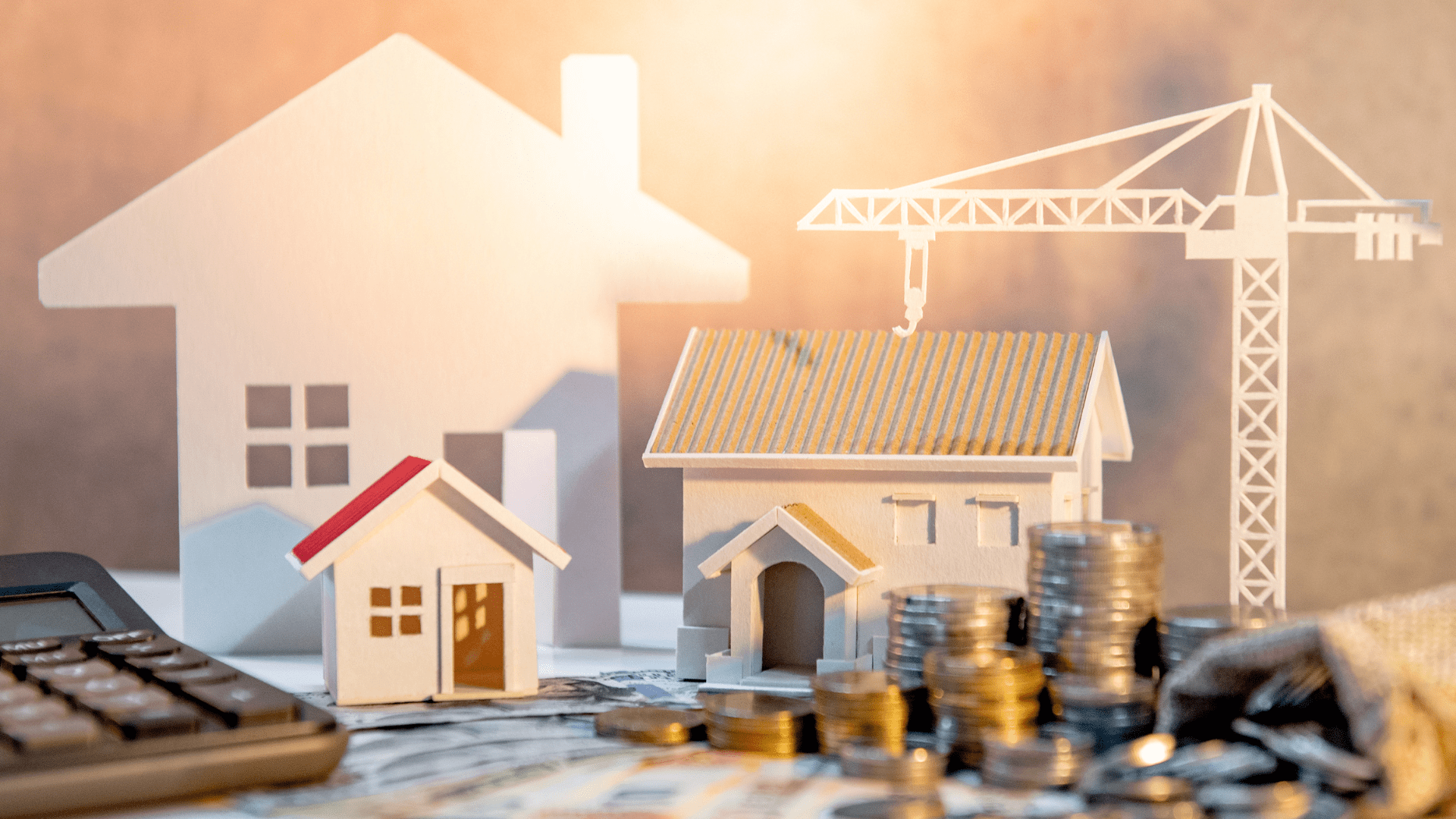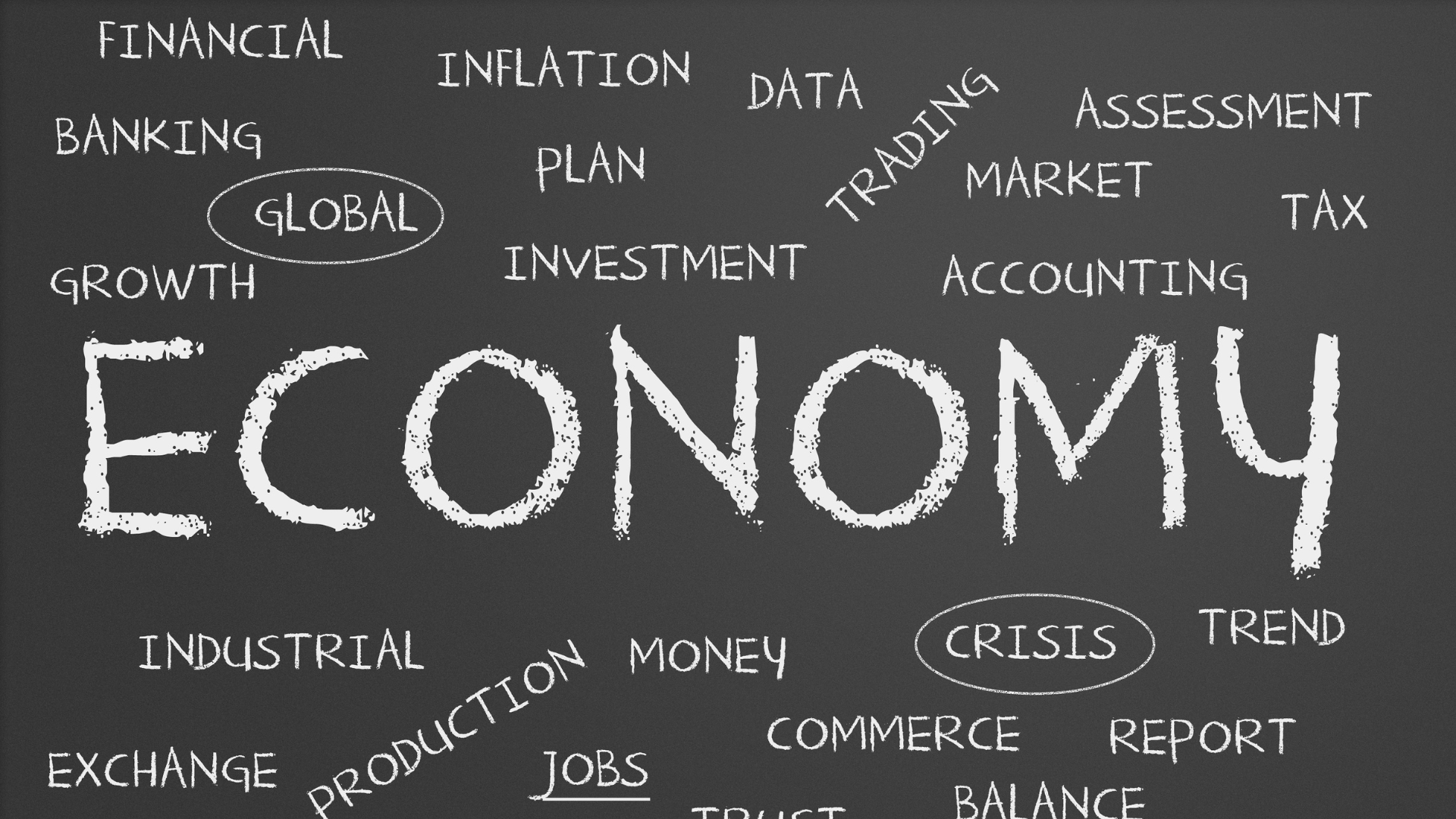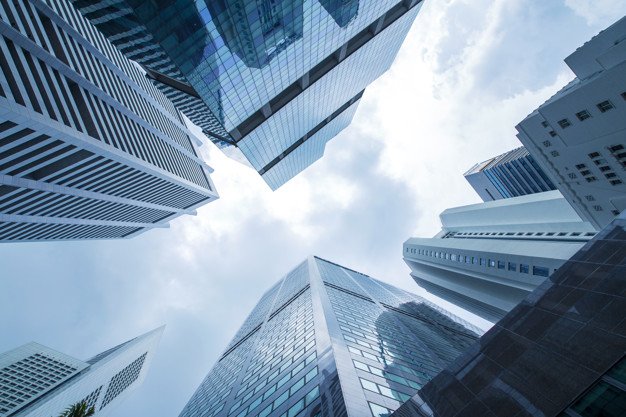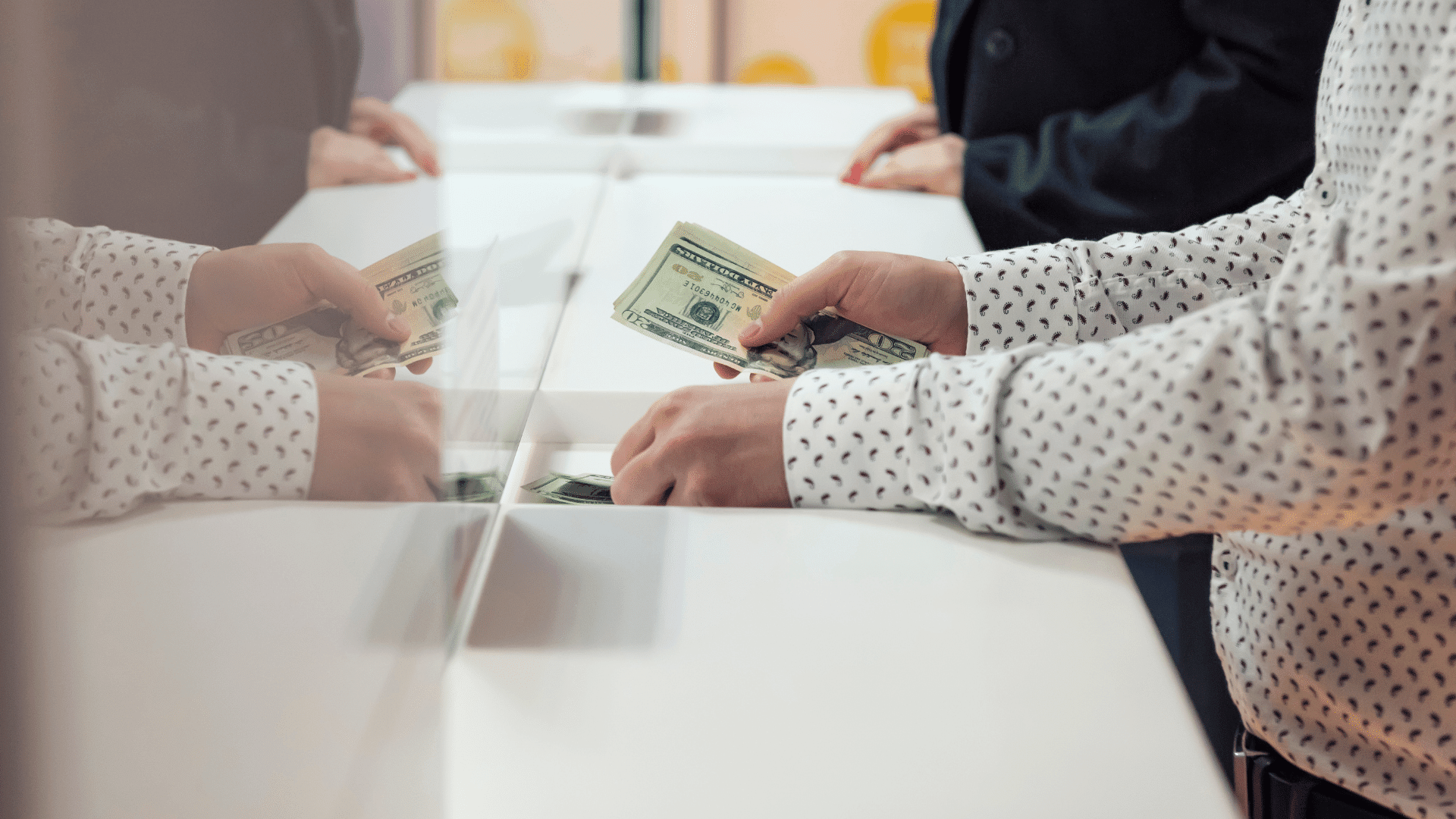In an article posted by Philippine Star, "National Statistician Dennis Mapa said the country’s gross domestic product (GDP) growth was at 5.9 percent in the third quarter, faster than the 4.3 percent in the second quarter." This indicates that this achievement positions Philippine economy as the most rapidly growing among the prominent emerging economies in Asia that have reported their third-quarter 2023 GDP expansion.
If Philippines continues to have a steady economic growth, investment properties also continue to stand tall amidst economic shifts and uncertainties in the long run. And one investment properties or sector that keeps its spot on the top - the real estate investment Philippines. Today, real estate investment in the Philippines remains resilient amid economic changes and uncertainties in the ever-changing realm of investment opportunities. Investors are increasingly turning their attention to the promising opportunities that the real estate sector presents.
The Philippines, as rapidly growing country among the prominent emerging economies in Asia, emerges as a place of opportunity for investors like you who is probably planning to have a secured investment portfolio. And in this blog, you get to learn the factors that make real estate investment in the Philippines a compelling investment choice. You get to answer why is real estate a good investment that is perfect for your investment portfolio.
Let's find out the reasons why real estate investment in the Philippines remains a good investment and a strategic move in the context of today's economic growth. You can learn and answer the question "is real estate a good investment?"
1. Steady Economic Growth
First key factor that has consistently fueled the attractiveness of real estate investing is the nation's steady economic growth. Over the past decade, the Philippines has experienced a resilient and upward trajectory in its economy, marked by robust GDP expansion. This sustained economic growth has created a conducive environment for real estate investment Philippines to flourish. As the country's economy expands, so does the demand for residential, commercial, and industrial spaces. The flourishing business landscape and increasing job opportunities have led to a growing urban population, driving the need for housing and commercial establishments. Real estate investing in the Philippines remains a compelling investment option, offering not just physical assets but a stake in a nation on the rise.
2. Demographic Dividends
The Demographic Dividend refers to a period when the majority of a population is in the working-age bracket, contributing significantly to economic productivity. In the Philippines, this phenomenon is currently in full swing, with a large proportion of the population comprising young, dynamic individuals entering the workforce. This demographic shift not only propels economic growth but also fuels the demand for housing, commercial spaces, and infrastructure. As the nation continues to capitalize on its demographic dividends, real estate investments remain a solid choice, offering investors the potential for long-term returns and stability in the face of evolving economic landscapes. The strategic alignment of the real estate market with the demographic trends create more opportunities for higher rental income through commercial real estate or rental properties especially around Central Business Districts (CBDs) in the Philippines.
If you work in Makati City, one of the most famous Central Business Districts in the Philippines, you may check on ready for occupancy condominium properties like the KL Mosaic Tower. This property is one of the finest condo buildings that could cater younger employees who are working around the area. Transforming this into rental property can give you capital gains through rental income. The rental income you can gain will generate cash flow for you and will serve as good investment in the future.
3. Infrastructure Development
Another key factor contributing to the resilience and attractiveness of real estate investments is the relentless focus on infrastructure development. The government's commitment to modernizing the country's infrastructure has become a catalyst for sustained economic growth, making real estate an appealing investment option. The ambitious "Build, Build, Build" program, launched to address long-standing infrastructure gaps, has ushered in a wave of transformative projects such as highways, bridges, airports, and mass transit systems. This strategic initiative not only enhances connectivity and accessibility but also creates new growth corridors, thereby boosting the overall value of rental properties. Real estate investors are drawn to the potential for increased property demand in areas benefiting from improved infrastructure, leading to higher capital appreciation and real estate values. As the nation continues to propel itself forward with these strategic developments, owning real estate in the Philippines remains a robust and promising sector for savvy real estate investors seeking long-term investment strategy and stability.
4. Foreign Direct Investment (FDI)
Philippines has become an attractive destination for foreign investors seeking lucrative opportunities. The influx of FDI not only injects capital into various industries but also stimulates demand for commercial and residential real estate. With foreign businesses establishing a presence in the country, there is a higher demand for rental properties like office spaces, industrial facilities, and housing to accommodate the growing workforce. This surge in demand contributes to the resilience of the real estate market, making it a compelling investment option. Furthermore, FDI fosters infrastructural development, enhancing connectivity and accessibility, which, in turn, boosts property values. As the Philippines continues to position itself as a key player in the global economy and stock market, the symbiotic relationship between FDI and the real estate market underscores why investing in this sector remains a prudent choice amid the nation's economic ascent.
And for the foreign investors who invest real state in the Philippines, one of the ways real estate investor can earn passive income is through real estate investment trusts. A Real Estate Investment Trust (REIT) is in the process of forming a firm responsible for owning, managing, or funding revenue-generating real estate. REITs gather funds from various investors to engage in a varied range of real estate assets, encompassing commercial spaces like office buildings, shopping centers, hotels, and apartment complexes, along with other categories of real estate.
5. Tourism Boom
The archipelago's picturesque landscapes, vibrant culture, and warm hospitality have positioned it as a top destination for travelers worldwide. With a steady influx of tourists seeking to explore its diverse islands, from the pristine beaches of Boracay to the historic wonders of Intramuros in Manila, the demand for accommodation and hospitality services has skyrocketed. This surge in tourism has not only bolstered the hospitality industry but has also fueled the growth of related sectors, including real estate. Investors keen on capitalizing on this trend are increasingly turning to properties that cater to the rising demand for commercial property like vacation rentals, hotels, and resorts. As the tourism boom continues to shape the nation's economic landscape, real estate in the Philippines emerges as a compelling investment opportunity, offering real estate business owners to convert residential properties into property rentals for tourists.
6. Resilience During Economic Downturns
In the face of economic downturns, resilience becomes a defining factor for successful investments. The Philippines, like many other nations, has experienced its share of economic challenges. However, investing in real estate in the country has consistently demonstrated remarkable resilience, making it an attractive and reliable investment option. During uncertain economic times, real estate has proven to be a safe harbor for investors seeking stability and long-term growth. The intrinsic value of properties, coupled with the increasing demand for quality housing and commercial spaces, contributes to the sector's ability to weather economic storms. Additionally, the government's commitment to infrastructure development and urbanization further enhances the value of real estate investments. Investors recognize that real estate in the Philippines not only endures economic downturns but often emerges stronger, making it a compelling choice in the current landscape of economic growth and development.
7. Affordability and Diverse Investment Options
One of the key factors contributing to the sustained attractiveness of real estate in the country is the affordability of properties. Unlike many other markets, the Philippines offers a range of properties that cater to varying budget constraints, making it accessible to a broad spectrum of investors. Additionally, the diverse investment options within the real estate sector, including residential, commercial, and industrial properties, provide investors with the flexibility to tailor their real estate portfolio to their specific financial goals. This diversity not only ensures a broad market appeal but also safeguards against economic uncertainties by allowing investors to pivot their investments based on market trends. In a time of economic growth, these factors collectively build wealth for many investors, making real estate investment sound and adaptable investment choice.
In conclusion, the Philippine real estate market stands as a testament to the country's economic resilience and growth. Investors looking for a stable and lucrative investment avenue should consider the myriad opportunities presented by the flourishing real estate sector. With a combination of steady economic growth, demographic dividends, infrastructure development, and a resilient market, real estate market in the Philippines remains an enticing and rewarding investment in today's economic landscape.

.png)





